A society driven by fear is a weak and fragile society, unable to reason. We choke down big helpings of fear every day in Ecuador.
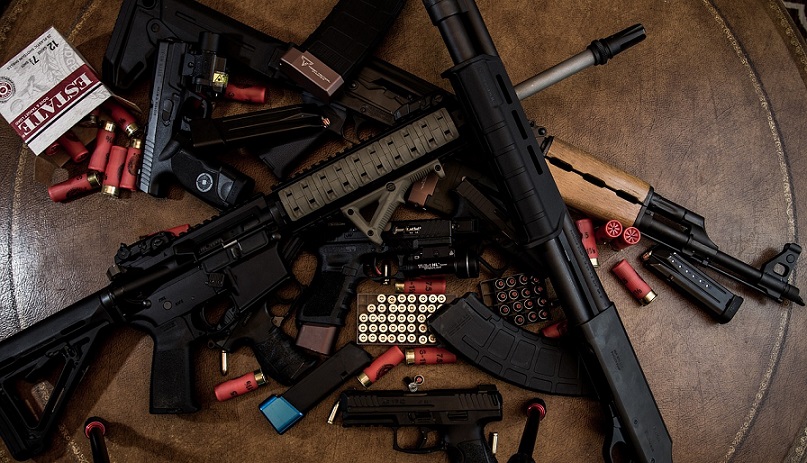 Aminta Buenaño Rugel
Aminta Buenaño Rugel
Mass media and social networks provide us with images of violence, crime and contract killings every day in large quantities, with tense background music or with an extreme close-up. It is as if good news never existed. Only bad news. A country of bad men; a country of crime and extortion.
This reality that they are showing us fills us with fear. With this fear they ask you unnecessary questions, increase VAT, take away collective benefits, threaten workers’ rights, and put social explosions to sleep, all in the name of fighting against violence to eradicate crime. However, this is an extremely profitable business.
Because of this, many desperate Ecuadorians, trapped by fear, feel like victims of an increasingly ineffective state which does not protect the lives of its citizens, leaving them absolutely defenceless against crime.
These Ecuadorians cheer on and even demand the law of retaliation, an eye for an eye and a tooth for a tooth, and close ranks against the human rights organisations who recognise the inalienable rights of everyone, including those who have committed crimes.
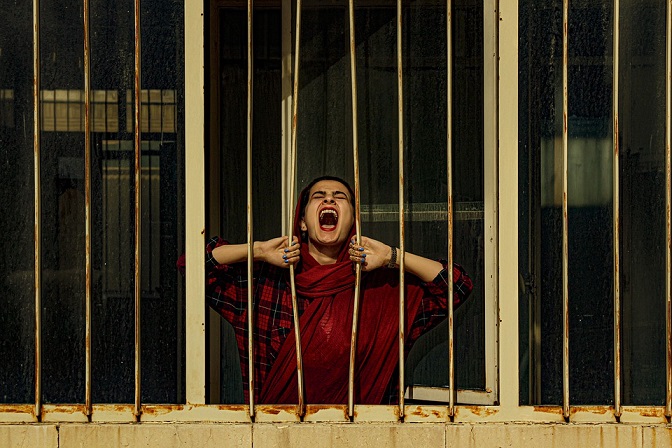 Since violence was radicalised in Ecuador, people do not go out at night.
Since violence was radicalised in Ecuador, people do not go out at night.
They lock themselves away in their homes like frightened birds. Neighbourhoods close down and night-time ventures have ostensibly decreased. Violence has backed us into a corner.
The external investors so valued by neoliberal presidents refuse to come and with good reason. Ecuadorian young people are emigrating, seeking a new destiny in other countries. In Moreno and Lasso’s governments, the country remained in the hands of organised criminals in full view of authorities that did nothing, because they had infiltrated the government and even inside the ranks of the police.
I never thought I was living in a violent country. A country caught up in crisis, criminal gangs, organised crime and international mafia. Every time I read about Mexican cartels, about violence in neighbouring Colombia, I got chills.
Until a few years ago, just over half a decade, Ecuador was considered an island of peace between two great drug producers, Colombia and Peru. People spoke well of Ecuador; it was seen as an example of development.
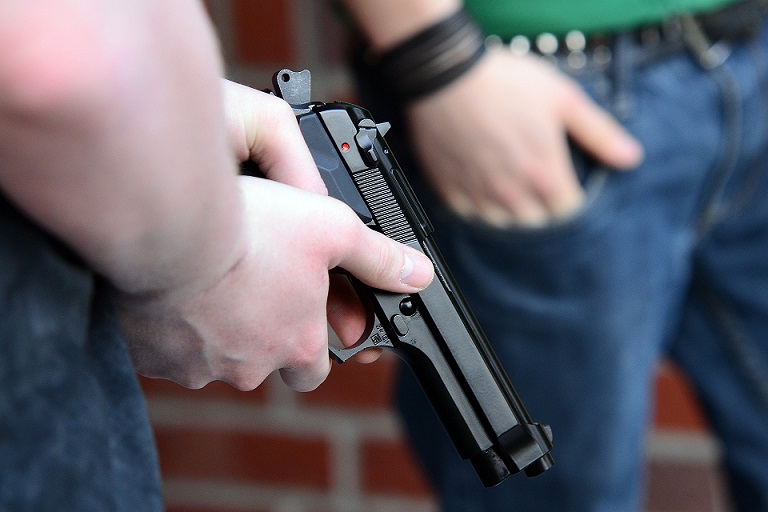 This tiny country soon turned into a port, kitchen and passage for drugs. Strong currency like the dollar and the weakness of state institutions attacked by neoliberal governments loudly proclaiming that “shrinking the obese state” meant halving the budget assigned to prisons, that hundreds of wardens who controlled the prisons were let go, and that the police, without bulletproof vests, had to beg for resources and live almost on public charity.
This tiny country soon turned into a port, kitchen and passage for drugs. Strong currency like the dollar and the weakness of state institutions attacked by neoliberal governments loudly proclaiming that “shrinking the obese state” meant halving the budget assigned to prisons, that hundreds of wardens who controlled the prisons were let go, and that the police, without bulletproof vests, had to beg for resources and live almost on public charity.
It also meant that important ministers would be eliminated, such as the justice minister in charge of the social rehabilitation system, the Home Office and intelligence services; and that hospitals would be lacking in medicine and budget, and that schools and all civil work contributing to social wellbeing would be abandoned.
Moreno and Lasso’s neoliberal governments did no public works, but drowned ordinary citizens, already beaten by poverty and unemployment post Covid, in taxes, petrol price rises and international loans. Poverty substantially increased. Public scandals arose, such as the INA Papers, corruption in public hospitals during the pandemic, complaints from the US Embassy that there were “narco-generals” in the Ecuadorian police force, the Pandora Papers case, “León de Troya”, the Danube case and many more besides, that the press and a politicised public prosecutor’s office had silenced.
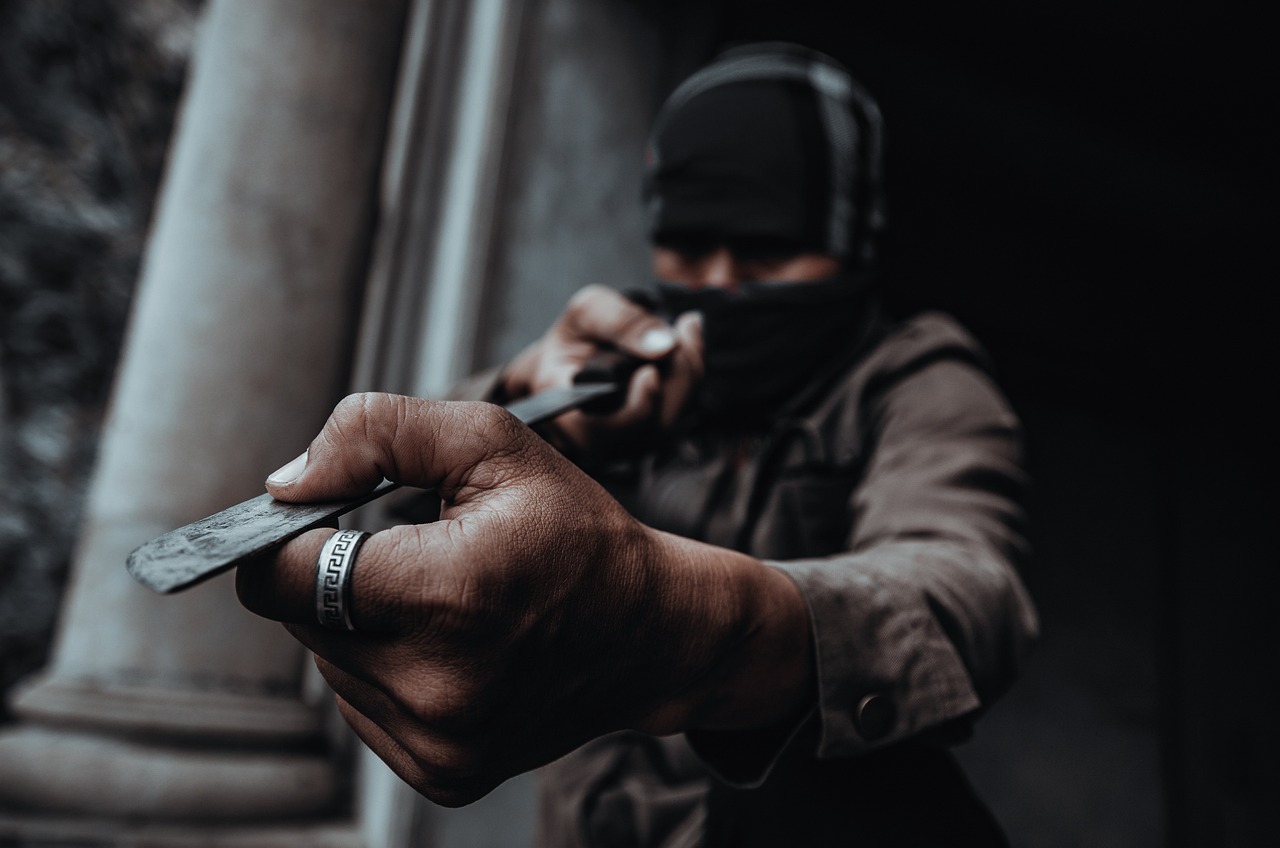 Nostalgia for a country
Nostalgia for a country
Ecuadorians are nostalgic for a country that has been stolen from us.
Until recent years, our country was not bleeding out like it is today. It was not drenched in the rivers of blood which are now drowning us. Until very recently, I could walk through my neighbourhood, going up and down the hills in an exercise that spiritually reanimated me and say “hello” or “good afternoon” to others. And a few years ago, we were the second safest country in Latin America. Now we are fighting to be at the top of the world list of most violent ones. Today we are living behind bars like birds in a cage. With the police infiltrated to the core, with judges and public powers put at the disposal of organised crime, with honest civil servants murdered by the mafia, we have been stripped of one of our most fundamental rights as citizens; the right to a peaceful life, without fear, free of violence and abuse, in the surroundings of a safe and healthy environment.
A country of great inequality
Perhaps the saddest part is contemplating that this is a country not just of great inequalities, but greatly lacking in solidarity. Where some live in an ivory tower away from the reality of poverty and to the exclusion of the majority.
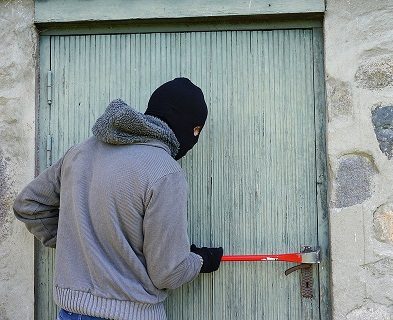 A country in which some believe that only they have the right to grow and prosper, and that other people’s lives do not matter.
A country in which some believe that only they have the right to grow and prosper, and that other people’s lives do not matter.
Where if you are poor, it is not through lack of opportunities, but because you want to be, because you are lazy.
Where if you are rich, no matter how or why, you are deserving of everything.
A country of great incoherence, as while the nation’s leading authority can ask to increase taxes by three points in an incredibly poor economy linked to the dollar, the Noboa business group, to which the president of the republic belongs, owes the State more than $89 million. A country that calls itself Christian but denies the most fundamental rights to the poorest people. A country that is messed up, perhaps, but not totally lost. (PL. Edited text)
(Translated by Donna Davison. Email: donna_davison@hotmail.com) – Photos: Pixabay












.jpg)












